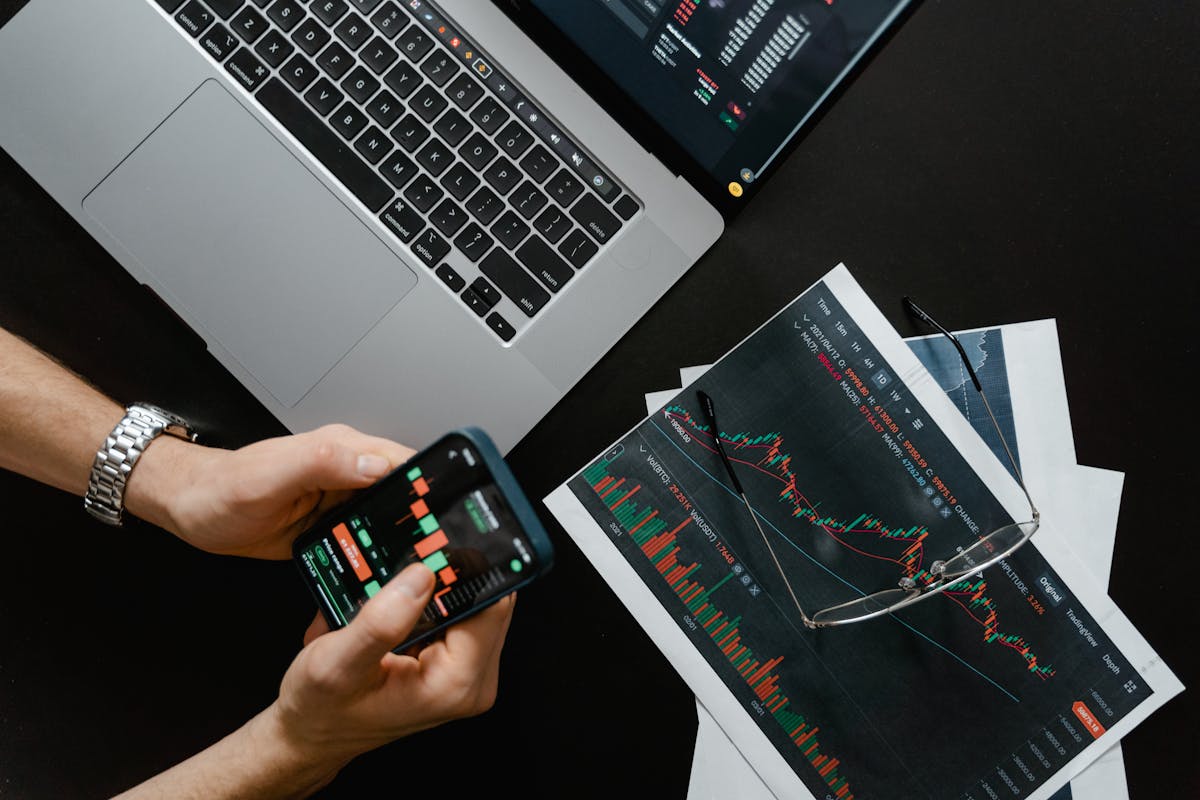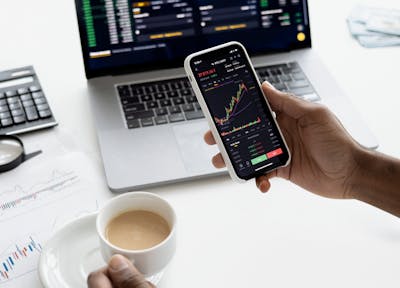
Best Practices for P2P Trading Safety
Essential tips for conducting safe peer-to-peer cryptocurrency trades while maintaining compliance with AML regulations.
Peer-to-peer (P2P) cryptocurrency trading offers unparalleled freedom and often better rates than traditional exchanges. However, this freedom comes with increased responsibility for due diligence and risk management. Whether you're trading on platforms like LocalBitcoins, Paxful, or conducting direct wallet-to-wallet transactions, following proper safety protocols is essential for protecting both your assets and your compliance status.
Understanding P2P Trading Risks
P2P trading bypasses traditional exchange safeguards, placing the responsibility for risk assessment squarely on the traders themselves. Understanding these risks is the first step toward safe and compliant P2P trading.
Financial Risks
- Fraudulent counterparties and scam attempts
- Payment reversals and chargeback fraud
- Stolen or compromised payment methods
- Market manipulation and price manipulation
Compliance Risks
- Trading with sanctioned individuals or entities
- Receiving funds from illicit sources
- Inadequate transaction documentation
- Violating local money transmission laws
Pre-Trade Due Diligence
Thorough due diligence before initiating any P2P trade is your first and most important line of defense. This process should be systematic and comprehensive, regardless of the trade size.
1. Counterparty Verification
Essential Checks:
- Platform reputation and trading history
- Identity verification status
- Feedback scores and reviews
- Communication quality and professionalism
- Response time and availability
- Account age and activity patterns
2. Wallet Risk Assessment
NextCheck Analysis:
Always analyze your counterparty's wallet address using NextCheck before proceeding with any trade.
{
"wallet_address": "0x742d35Cc6634C0532925a3b8D4C9db4C9db4C9db",
"risk_score": 15,
"risk_level": "low",
"analysis": {
"total_transactions": 1247,
"suspicious_patterns": false,
"blacklist_matches": 0,
"exchange_interactions": "verified_exchanges_only",
"recommendation": "safe_to_proceed"
}
}3. Payment Method Verification
Payment Security Checklist:
- ✓ Verify payment method ownership
- ✓ Check for payment reversibility
- ✓ Confirm account verification status
- ✓ Review payment history if available
- ✓ Understand dispute resolution process
- ✓ Check for stolen payment method reports
- ✓ Verify geographic consistency
- ✓ Assess chargeback risk level
Safe Trading Practices
Once you've completed your due diligence, following proper trading procedures helps ensure the transaction proceeds safely and securely for both parties.
Transaction Structure
Communication Security
Red Flags to Watch For
Behavioral Red Flags:
- • Pressure to complete trades quickly
- • Reluctance to provide verification
- • Inconsistent or evasive communication
- • Requests to move off-platform
Technical Red Flags:
- • High-risk wallet addresses
- • Unusual payment method requests
- • Mismatched geographic information
- • Recently created accounts
Documentation and Record Keeping
Proper documentation is crucial for both compliance and dispute resolution. Maintaining detailed records of your P2P trades protects you legally and helps establish patterns of legitimate trading activity.
Essential Documentation
- Complete transaction records (amounts, dates, addresses)
- Counterparty identification and verification
- Communication logs and agreements
- Payment confirmations and receipts
- Risk assessment reports (NextCheck analysis)
Compliance Benefits
- Demonstrates due diligence to regulators
- Supports tax reporting and accounting
- Provides evidence in dispute resolution
- Helps establish legitimate trading patterns
- Facilitates future compliance audits
Platform-Specific Considerations
Different P2P platforms have varying security features and risk profiles. Understanding these differences helps you choose the right platform and adjust your safety practices accordingly.
Centralized P2P Platforms
Advantages:
- • Built-in escrow services
- • User verification systems
- • Dispute resolution mechanisms
- • Reputation systems and reviews
Considerations:
- • Platform fees and commissions
- • KYC requirements and privacy
- • Platform security and reliability
- • Geographic restrictions
Decentralized P2P Trading
Advantages:
- • Greater privacy and anonymity
- • No platform fees or restrictions
- • Direct wallet-to-wallet transfers
- • Global accessibility
Risks:
- • No built-in dispute resolution
- • Higher due diligence requirements
- • Increased fraud risk
- • Limited recourse options
Emergency Procedures
Despite best efforts, problems can still occur in P2P trading. Having clear emergency procedures helps you respond quickly and effectively to protect your interests.
If You Suspect Fraud:
Immediate Actions:
- 1. Stop all communication with the counterparty
- 2. Document all evidence immediately
- 3. Contact platform support if applicable
- 4. Secure your accounts and change passwords
Follow-up Actions:
- 1. Report to relevant authorities
- 2. Contact your bank or payment provider
- 3. File reports with fraud databases
- 4. Seek legal advice if necessary
Conclusion
P2P cryptocurrency trading can be safe and profitable when approached with the right knowledge and precautions. The key is to never rush into trades and always prioritize security over convenience or potential profits.
Remember that the cryptocurrency space is still evolving, and new risks emerge regularly. Stay informed about the latest security practices, maintain good documentation habits, and always trust your instincts when something doesn't feel right.
Protect yourself in P2P trading with NextCheck's wallet analysis. Verify your counterparty's wallet address before every trade to ensure you're dealing with legitimate, low-risk participants.
Table of Contents
Share This Article
About the Author
Lisa Wang
Compliance Expert
Specializing in cryptocurrency compliance and AML regulations with over 8 years of experience in financial crime prevention and blockchain analysis.
Related Topics
Stay Updated
Get the latest insights on crypto compliance delivered to your inbox.


